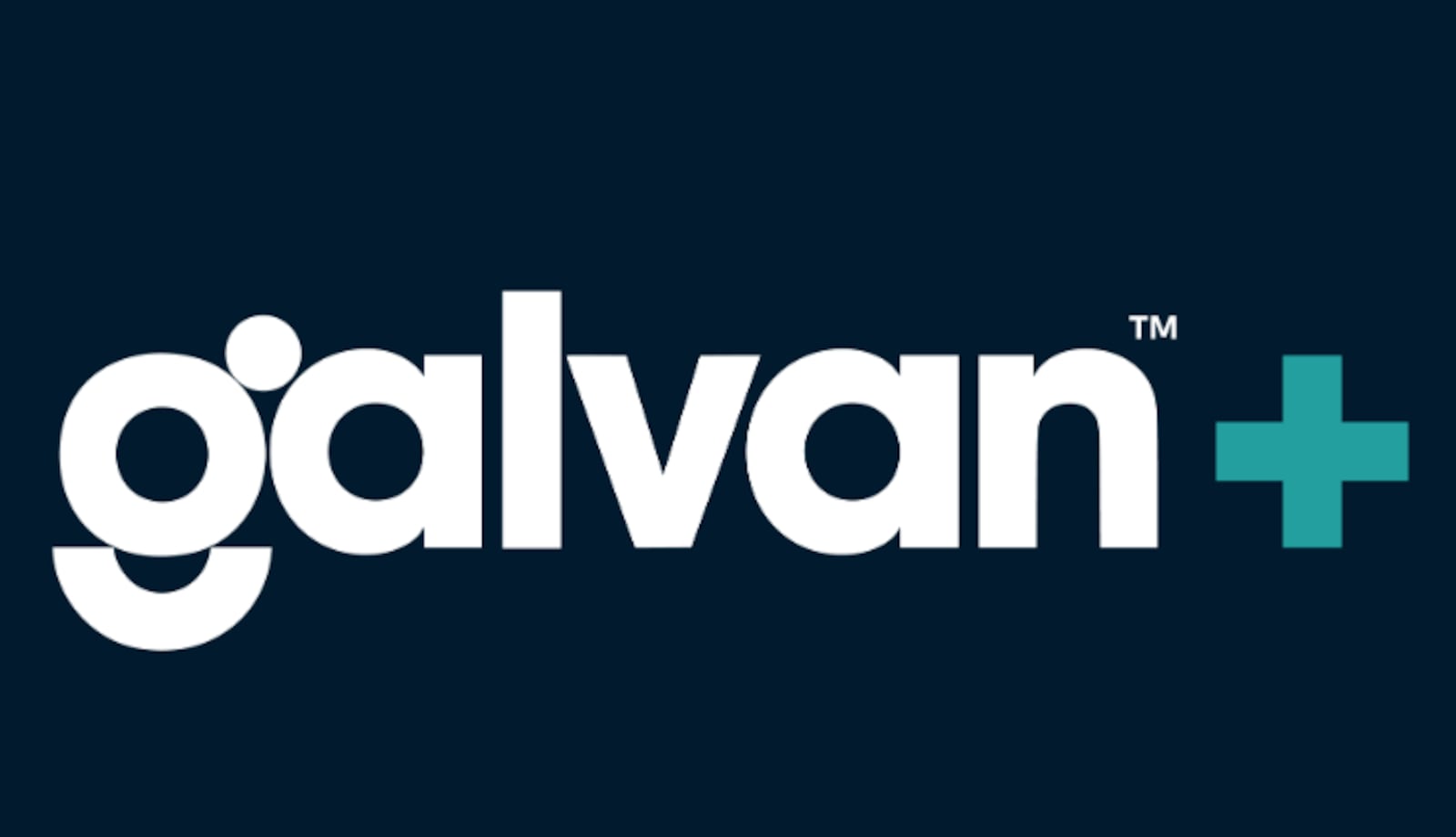Photo courtesy of Galvan
Utah companies Galvan and Canary Speech are closing the gap between self and industry mental health care with a new AI-powered wellness app. According to a press release, the app uses vocal recognition technology and biomarkers to detect the quality of the user’s mental health.
Adam Sharp, CEO of Galvan, saw a need to fix the broken medical system in the United States. “We do not have the capacity to identify and address all mental health needs,” says Sharp, who is also a trained physician.
“Galvan saw [our] effort and had an interest in combining their efforts with what we were doing,” says Henry O’Connell, CEO of Canary Speech.
O’Connell and colleagues had begun their research for the app by capturing audio of patients evaluated for depression and anxiety in clinical environments. They then developed technology that measures cues like vocal inflection, tone, pace and density of speech to package a result for users, detailing their mood, stress and energy.
Those cues, also known as “biomarkers,” are critical to the analysis. The term “biomarker” refers to any biological indicator of illness. Biomarkers like blood pressure and blood sugar can help diagnose diseases like cancer and diabetes. Canary Speech researchers focus on biomarkers to cue a person’s mental state.
“What we look for are sublanguage characters,” O’Connell says. “They’re objective measures. A person can be saying that their day is so great, and it’s really sunny outside, but the vocal biomarker will tell the app how they’re really doing and feeling.” Canary’s abilities are so advanced, O’Connell says, it can determine from 40 seconds of conversational speech how anxious or depressed they are feeling.
“We’re trying to get the tools into the hands of people,” Sharp says. “We think mental health and wellness should be owned by people. We want them to decide their best life.”

